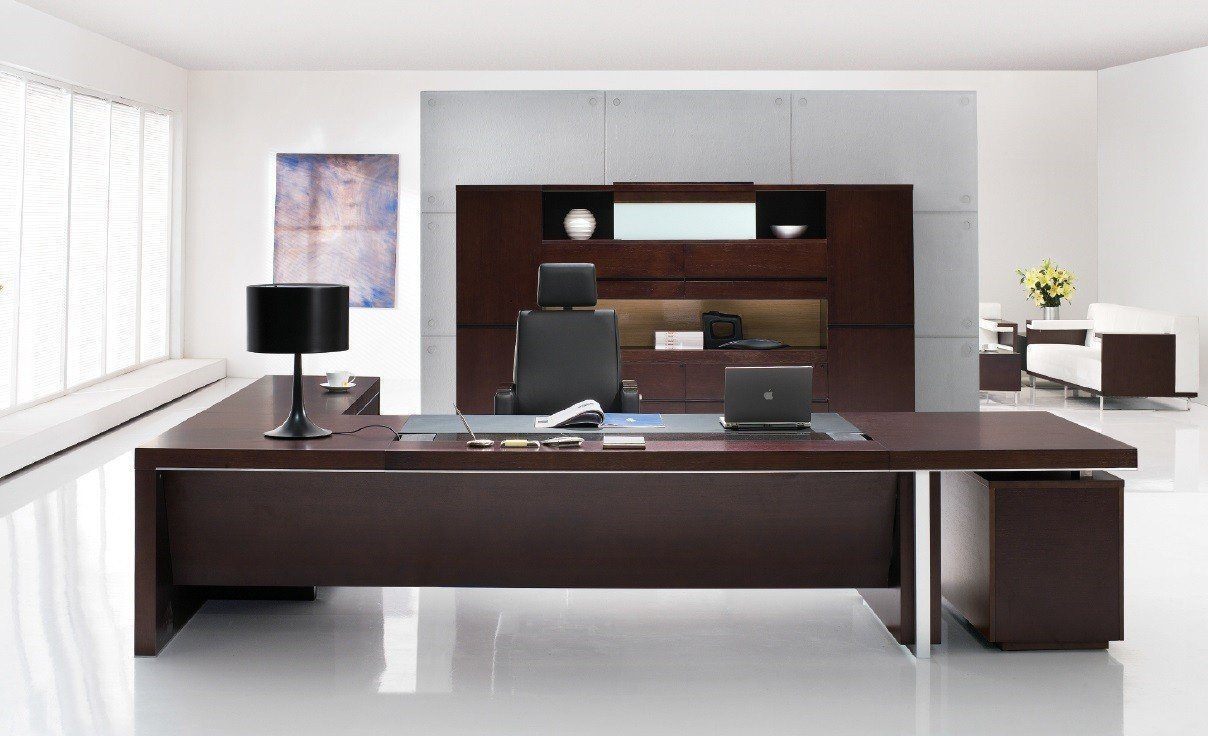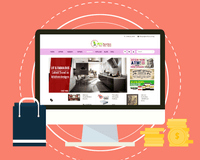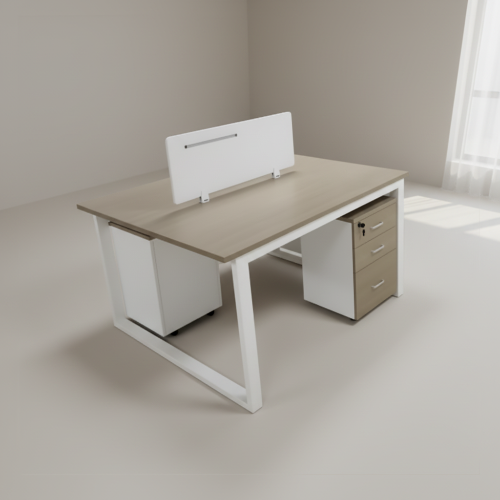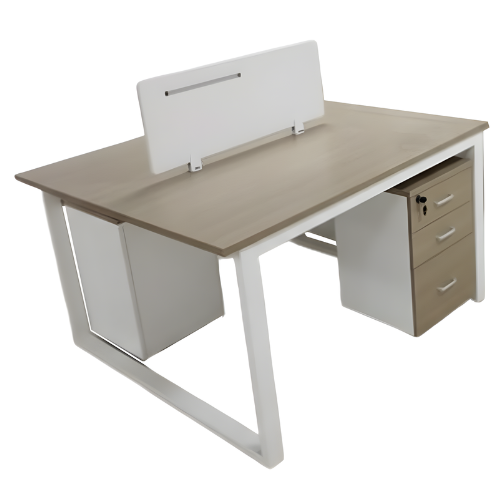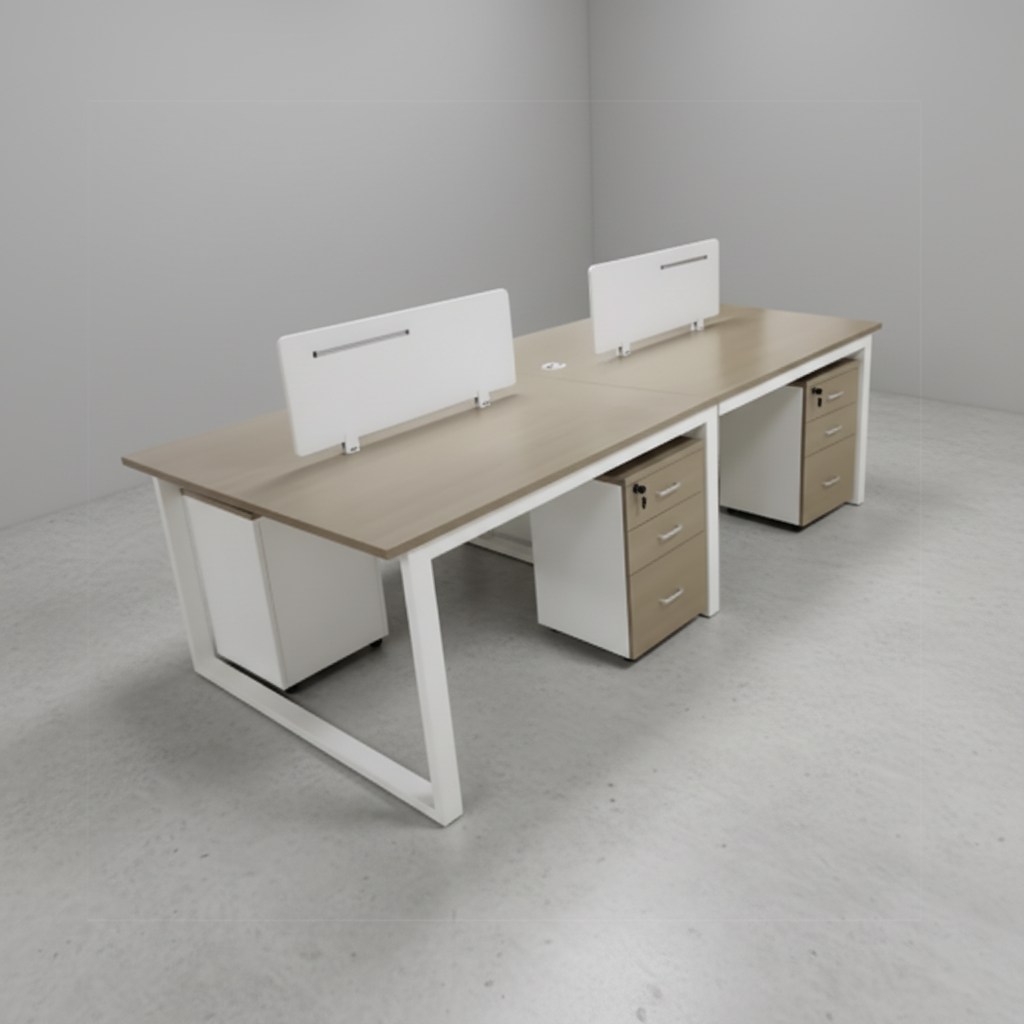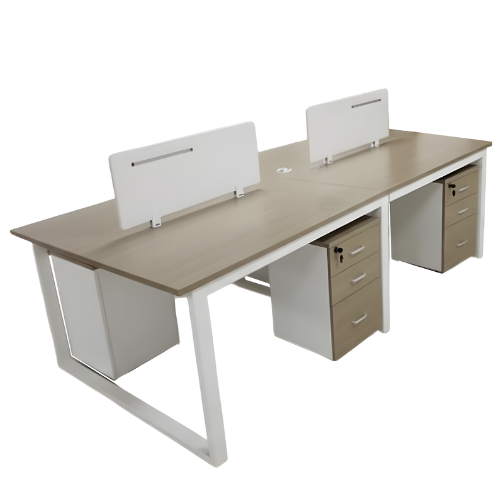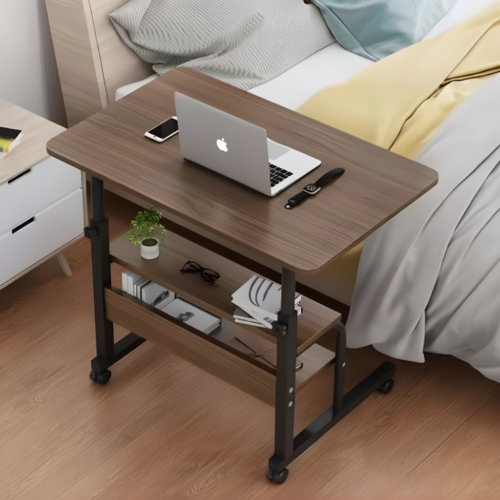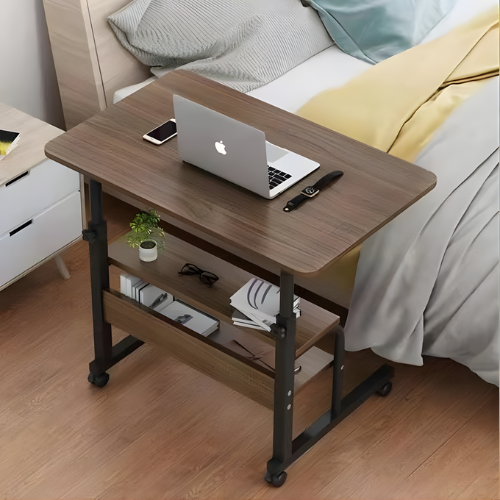This article is part of the HOGDigest editorial series. → Explore HOGDigest
When it comes to how we work, things are changing. The old routine of the nine-to-five office day is on the way out as more employees demand the ability to choose when, where and how they do things.
We see this across the enterprise, from mobile devices improving people's flexibility, to concepts such as hot-desking, which do away with the idea that a person needs to spend all their day sitting in the same spot all day long.
But there's still a long way to go. Despite the shifting attitudes of employees, too many firms are still trapped in a old, overly-structured way of working, where people are closely monitored by managers and have a clear, regimented schedule.
So how can smart, innovative technology change that?

- A NEW OFFICE, A NEW MINDSET
The key to success will be to change how we view the office. In the future, these spaces will need to be seen as a platform for collaboration, rather than a dreary location that doesn't inspire anyone.
A major factor in this will be changing office spaces to support different types of work. So for example, if people need to collaborate with colleagues, there should be a space for this where the atmosphere is conducive to innovation - but one that's much more stimulating than the traditional meeting room. Similarly, if an employee needs some time to really concentrate on a project, or hold an important phone call, quiet, private spaces are also a must.
But it's not just about having the right type of working environment. People also need to be able to move around from one to the other at will. They need to be able to instantly look at the current situation and find out what spaces are available at any given time, rather than having to rely on pre-booked meeting rules where they will be subject to the whim of a fixed schedule.

- GIVING PEOPLE THE INFO THEY NEED
To achieve this, smart offices need to present workers with an instant, real-time picture of what's going on. People need to be able to see what spaces are available and where their colleagues are at any given time.
Having this data is crucial in changing the mindset of a business from a tightly-controlled, traditional office environment to a more reactive platform for innovation, where they can adapt to a changing situation as needed.
Setting up a meeting a week in advance to discuss new ideas may work for some firms, but for many, this outdated approach can actually stifle innovation. Instead, people need to be free to collaborate on a more ad-hoc basis. So if they need to call a sudden meeting, they can immediately use the data to learn what space is available, and who is around to contribute.

- ADAPTING TO A NEW ENVIRONMENT
Some managers may view this as disruptive, and it's still early days for this way of working. But with the right data at people's fingertips to make it a success, it can stimulate new ideas and make people more enthusiastic about their work.
For too long, the office has been a place people have to go to. But with the advent of new mobile working technologies that let many people do their jobs from home, this is no longer the case. Therefore, it's time to revisit what an office space should be, and transform it into a place where people want to go to, because it's where they can be most creative and productive.

Culled from tieto
See more smart office collections @ https://hogfurniture.com.ng/collections/office-furniture



